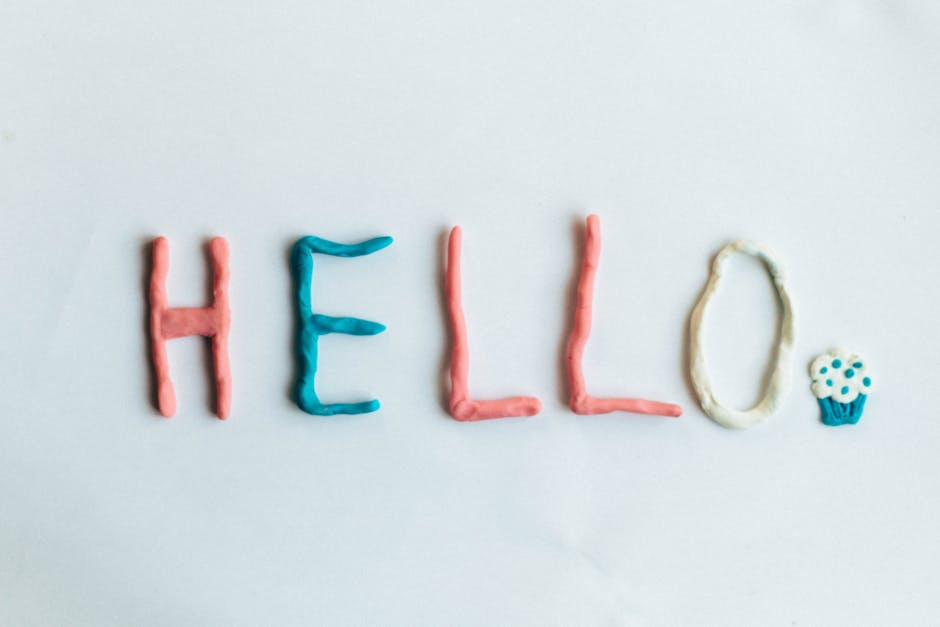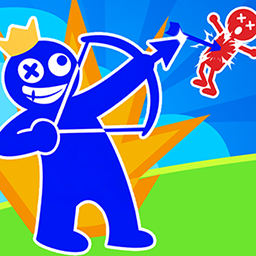Hello

Hello
The Ubiquitous Greeting
“Hello” – a word so simple, yet so powerful. It's often the first word we learn, the first connection we make with the world around us. But have you ever stopped to consider the weight this single syllable carries? It's more than just a greeting; it's an acknowledgment, an invitation, and a bridge between individuals.
A Multifaceted Word
The word "hello" has a surprising amount of versatility. Consider the different ways it can be used:
- As a simple greeting: "Hello, how are you?"
- To answer the phone: "Hello, this is [your name]."
- To express surprise: "Hello! I didn't expect to see you here."
- As a way to get someone's attention: "Hello? Is anyone there?"
The History of "Hello"
The story of "hello" is quite interesting. While forms of greeting have existed for centuries, the modern "hello" as a common telephone greeting is largely attributed to Thomas Edison. He advocated for its use when answering the phone, and it gradually caught on, replacing other popular greetings of the time. Before the telephone, "hallo" (a variant of "hello") was used to attract attention, similar to "ahoy."
Beyond the Word: The Importance of Connection
Ultimately, "hello" represents more than just a word. It symbolizes our desire for connection, our need to acknowledge and be acknowledged. A simple "hello" can brighten someone's day, start a conversation, or even forge a lasting friendship. So, the next time you say "hello," remember the power and potential it holds.
Variations Around the World
While "hello" is common in English, many other languages have their own unique greetings:
- Spanish: Hola
- French: Bonjour
- German: Hallo
- Japanese: Konnichiwa
Each of these words, just like "hello," serves as an important first step in communication and connection across cultures.
Related Games


